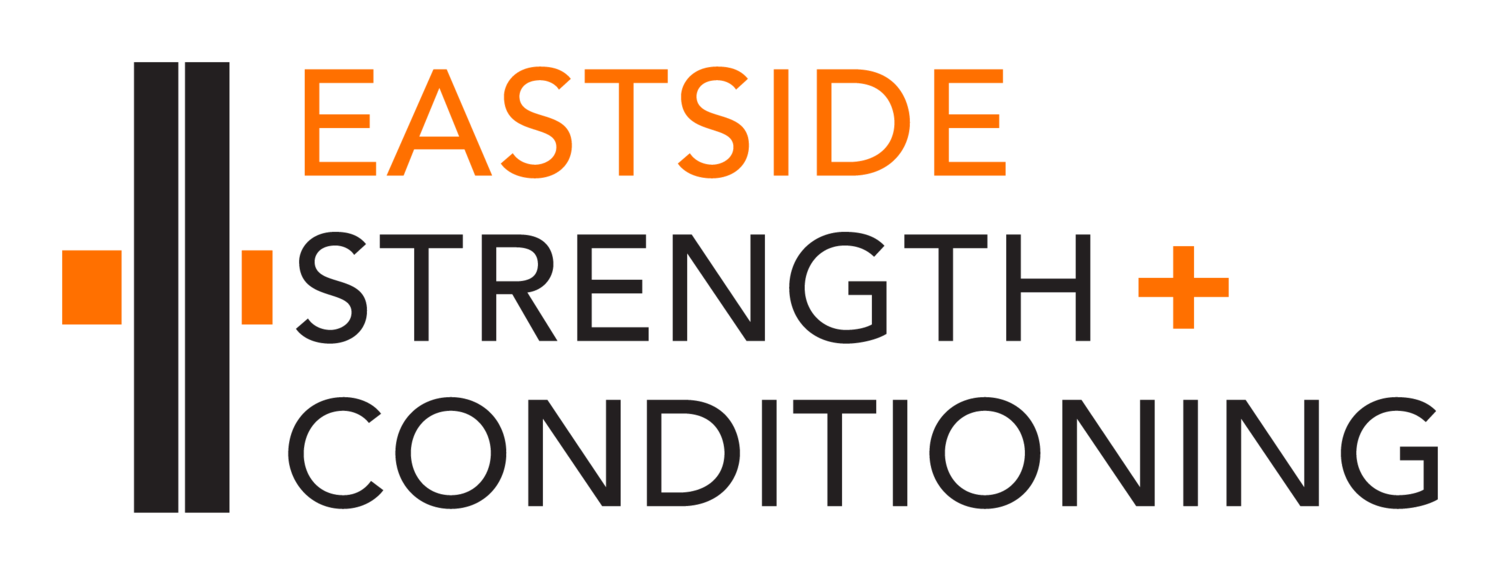Chill

Spotted in blogdom recently (in the marvelously titled blog “Oh, Please”), some real wisdom about stress and its effects:
Stress is like a computer virus in your brain. Stress consumes processor speed. It's like you've got some loop running in the background, chewing up RAM. I have been amazed at how much easier and more pleasant it is to get things done when I don’t stress about them. Trust me. I've lived this from both sides. In high school I was an overachieving valedictorian stress monkey who lived on No-Doz and slept 4 hours a night. Not stressing out is like having superpowers. It's like having some kind of hyperdrive at your fingertips. Really. Manage your stress.
Stress is physical. Stress is biochemical. Respect the organism. Managing stress is largely about the physical, biochemical cycle. Lack of exercise, crappy diet, and lack of sleep = stress. If you have an exercise routine, keep it up, even during finals. If you don’t have an exercise routine, get one.
Amen, sister.
Lots of us in this world of achievers and stress monkeys could benefit from these insights. It’s one interlocked piece in the jigsaw puzzle of health, fitness, and happiness.
Teamwork
Double layer squat suit
Flipper
Have you seen my lungs?
CrossFit Eastside closed Monday September 4th
Right side up?

What does it feel like to support your body weight overhead? How long can you hold it?
You may not be able to walk up to a rack and press a bodyweight barbell over your head. (It is said that only one in 150,000 individuals are capable of this feat.) But you may be able to kick yourself up against the wall into a handstand and hold for time (assuming you know the fundamentals of taking load overhead: active shoulders, fully extended arms, tight midsection).
Static holds build strength. This is true in weight training and in gymnastics. In weight training we work against external objects. In gymnastics, we work against our own mass.
Full-range strength movement is developed incrementally and from eccentric to concentric. The first step is developing the ability to support, or hold, one’s own mass. Once confident, and somewhat controlled, in a support position, you can progress toward the negative (eccentric or “lowering”) phase of the movement (like a handstand push-up, for example). You slowly fail, literally falling through the motion, until eventually you can start to control the rate of descent. With continued exposure to this sort of intentional “failure,” you will develop control and comfort and eventually be able to stop on a dime, mid-movement. From that kind of control, it’s a relatively short step to mastery of the full concentric (or “raising”) phase.







